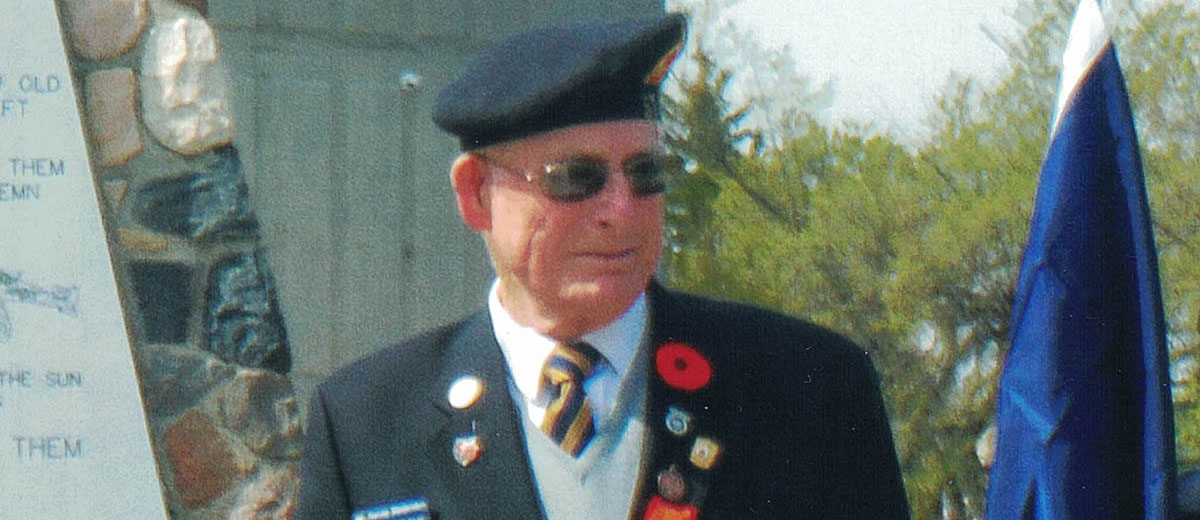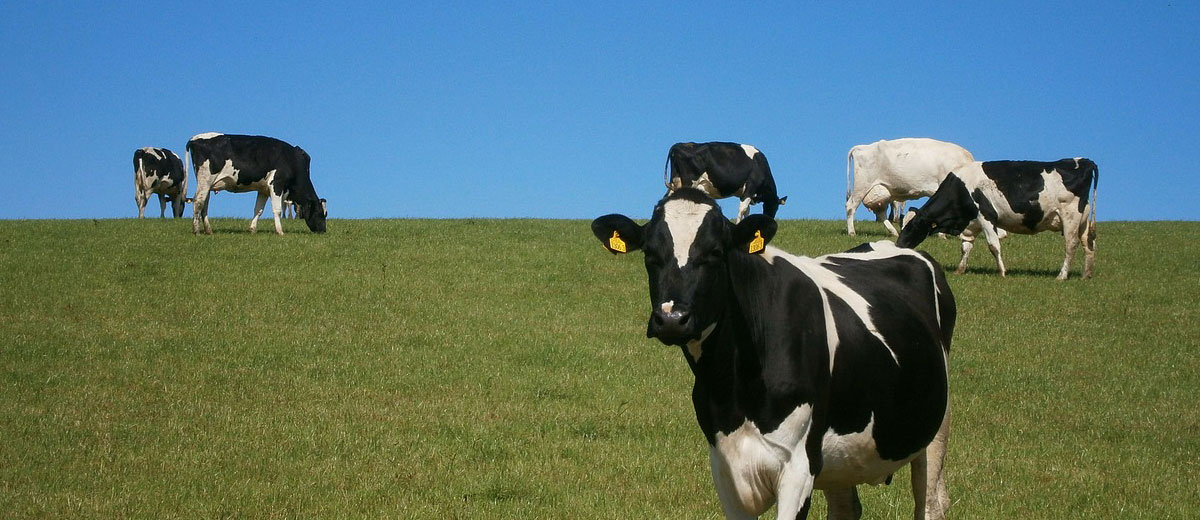
75 Years Ago Today World War II Came to an End
By Mallorie Rast
Today marks the ending of one of the world’s bitterest conflicts. WWII embroiled nearly every continent on the globe in a desperate struggle from September 1, 1939, to September 2, 1945. Thousands of men and women from communities across Canada gave years and lives in service to our country. According to the local Legion branch, over 200 individuals enlisted from Kindersley and the surrounding area. One such veteran is no longer with us, but in remembrance, I dug into Kindersley Social’s archives to find an interview done in 2017. Thank you, Sir Balderston, for your service.
Harvey Balderston, born and raised in Kindersley, travelled to Rosetown, SK to sign up for the Canadian Army in July of 1941 when he was only 18. “21 other boys from Kindersley signed up the same time I did,” Balderston recalled. Army life started right away for the recruits: it was parades in the day and 6-8 men in a tent at night. Balderston remembered one terrific summer storm blowing into Rosetown, dumping hail, blowing tents over and sending Balderston and buddies scrambling to the nearest hotel.
In August, Balderston left Saskatchewan for Petawawa, ON, for more military training before heading across the Atlantic. The trip across the frigid Atlantic Ocean in November took longer than a traditional five-day journey as the fear of submarines sent the ship far north before docking in Scotland. Balderston laughingly recalled the British trains, and how small they seemed compared to the robust trains in North America. “They were like little ‘beep, beep’ trains, but they sure could move! They hustled us all the way from Scotland to Colchester, England.”
Once in Colchester, the oldest town in England, Balderston’s training began in earnest. Joining the 67 Battery 7th Regiment, Balderston became an anti-aircraft gunner and moved from post to post in southern England, protecting her from the dwindling German bomb-raids.
In 1943, Balderston transferred to another regiment and became a gunner for a BL 5.5 Medium Gun, a British Artillery gun with shells weighing up to 100lbs. “They called us the 9-mile snipers, we were that accurate, though we never actually saw what we were shooting at. We would get the word to fire about a certain amount of rounds into a particular location, given in degrees, so we did.”
The medium gun crew was normally around 10 men and Balderston’s crew grew so well practised that they easily fired 2 rounds per minute. Working with the Medium Gun was not easy, and it certainly wasn’t quiet. “First the British tried to give us rubber earplugs, but they didn’t work too good, so we used cotton batting, and used helmets to protect our heads. Balderston remembers scrambling to load the gun, hearing the hoarse “fire!” and ducking to the ground to protect his head and face from flying debris, only to jump back up again to ready for the next round.
Once, during a critical point in an Allied invasion attack, Balderston’s crew was told to fire continuously until they received other orders. The crew leapt into action and fired rounds every 15 seconds, a whopping 5 rounds per minute until the Allies troops broke the German lines. “Technically, we were being rather unsafe as the gun barrels get real hot when they are being fired like that; but we knew those boys needed help, so we gave it to them.”
Balderstone’s crew hit the lines just past Juno Beach about one month after the D-Day, the Allied Invasion in June 1944. “Once we hit Europe, we were busy, at any time during the day or night; we would fire away at whatever the commanders wanted us to shoot at.”
Travelling up the French coast into Belgium, The Netherlands and eventually into Germany itself was busy and dangerous work as his crew never knew if they would come under fire from the Germans or even from their own side. Balderston remembered travelling one night in a convoy stretching for miles; a plane flew low, scanning the road. They couldn’t see who it was; suddenly a flare dropped out of the sky and lit up the convoy with a blinding flash. “At that moment you realized that there was nowhere to hide, you felt as though the whole world was looking at you and you were as small as a field mouse.” The plane, for unknown reasons, did not open fire but gave the grim reminder to all present that they were never safe.
Not everything in Europe was fast-moving or exciting — the food was one good example. “Anyone who remembers the war will definitely remember the meat and vegetable stew. It was porridge for breakfast, meat and vegetable stew for lunch, and then vegetable and meat stew for supper. I suppose it was nourishing, but it was rather monotonous.”
Balderston served in Europe until V-E day, May 8, 1945, the day the war ended for many continents as Germany surrendered to the Allied Forces. “Those were the best years of my life, actually. I was with good boys and I learned so much I wouldn’t have learned staying in SK.” V-J Day, the day the bloody pacific conflict ended, came on September 2, 1945.
Balderston’s final words in the interview are a fitting tribute for the 75th anniversary of WWII’s ending. “We must remember the sacrifices of so many young men and women; they gave up the best years of their life, some their whole life, so we could live in peace today — don’t waste it.”
For the latest information and for more updates on everything Kindersley ‘Like’ the Kindersley Social Facebook page below…








































